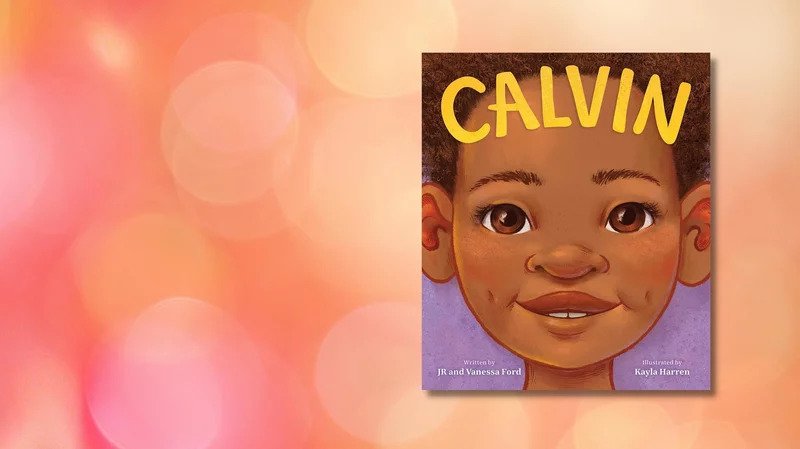A new book was recently published, which is about a transgender child, so the number of works promoting gender ideology among children has continued to increase - read on the 888.hu portal.
The title of the book is Calvin, the name of the main character, who claims to have always been a boy, but the world didn't see him as such. The two authors, JR and Vanessa Ford, actually developed their own story, as one of their two children, Ellie, is transgender, and she inspired the book.
According to the family, the girl came out with the fact that she was actually transgender at the age of five (!). The father said that the transition was a loving and educational process for them, while they carefully researched how they could best support their daughter in the gender transition.
At this point, however, the question arises as to why supporting a five-year-old child's gender change is actually the most obvious reaction for parents. "Gender Affirmation" itself is, of course, based on the fact that it is only a matter of basic respect and kindness to accept someone who identifies differently from their biological sex, as analyzed on the National Review website. But what if this is done by a child with almost no self-awareness yet? Why do you have to respond to innocence with ideology?
The principles of gender ideology can be easily discovered in the book Calvin. When the child tells his parents that he is actually a boy, the father tells him that they love him whether he is a boy, a girl, neither, or both. He then explains to her that the word that characterizes her is "transgender", which means that while the outside world sees her as a certain gender, she feels different inside. JR and Vanessa Ford were previously interviewed by the American public radio station NPR, in which the mother told that they did not use the word transgender for a long time in the case of their daughter, because they did not want to specifically name her condition. However, when the term was finally used after a children's book with a similar theme was read to her, according to the mother, Ellie even lost her breath and immediately declared that it was her, that it was the right word for her situation. At this point, the question may rightly arise as to how a 5-6 year old child knows exactly what the word transgender means and how he knows that it characterizes him.
As the National Review article points out, the parent's response could have been to explain to the child that in reality she is still a little girl, her body is like a little girl's, and later, when she grows up, she will have a female body like to his mother. Regardless, you can play in boy's clothes if you want, there's nothing wrong with that, but it doesn't change the biological reality. Although, as can be seen so often in connection with gender ideology, biological facts mean nothing to the supporters.
More and more books are being published aimed at children, about gender transition, LGBTQ families, or racism and woke ideology. An example of this is the Antiracist baby, published last year, Ibram X. Kendi . According to the author, it is important for parents to raise anti-racist children, and for this he describes nine steps that can be taken to become more accepting. The book is recommended for children from newborn to three years of age, however, the work is somewhat detached from reality when it is written for little ones who have almost no self-awareness that the root of the problem must be found in politics. Mahogany L. Browne also published a book with a similar theme
2022plus: In this wonderfully accepting gender-mania world, it is somehow never mentioned that the parent is not a passive actor in their child's life. They act as if the little one (no matter how old) is already an adult, i.e. capable of making independent decisions. The word "education" is no longer even known to these endlessly accepting (but rather endlessly sullen, do-it-yourself, unwilling to make any effort, i.e. lazy, selfish) parents. Did the child say? Well, so be it. It is easier to acknowledge without saying a word than to try to change the distorted self-image of a little one who is just trying to find his place in the world.
Of course, there are times when it doesn't work out. But they don't even try? And yes, if despite everything, the child's self-image remains distorted, a parent still loves his child, that's a clear line. But he strengthens this uncertain gender identity if he doesn't try to make things right, but reacts with phrases like "we still love you".
We know how important, in addition to genetic inheritance, socialization and the nurturing effect of the environment are in human development. What is the effect if we don't want to shape the child's self-image, but adapt without saying a word to the gender uncertainty that sometimes occurs naturally? Maybe a 4-year-old already knows what is good for him? You are looking for a path in life, but there are paths to try to divert you from. Do we not allow our child to drink detergent just because he feels like it?
In our aging age, society infected with LGBTQ ideology is raising a generation of freaks. Fortunately, the vast majority of us still believe that a woman is not a man and a little girl will not become a boy - only if she is raised to do so.
Source: 888.hu













